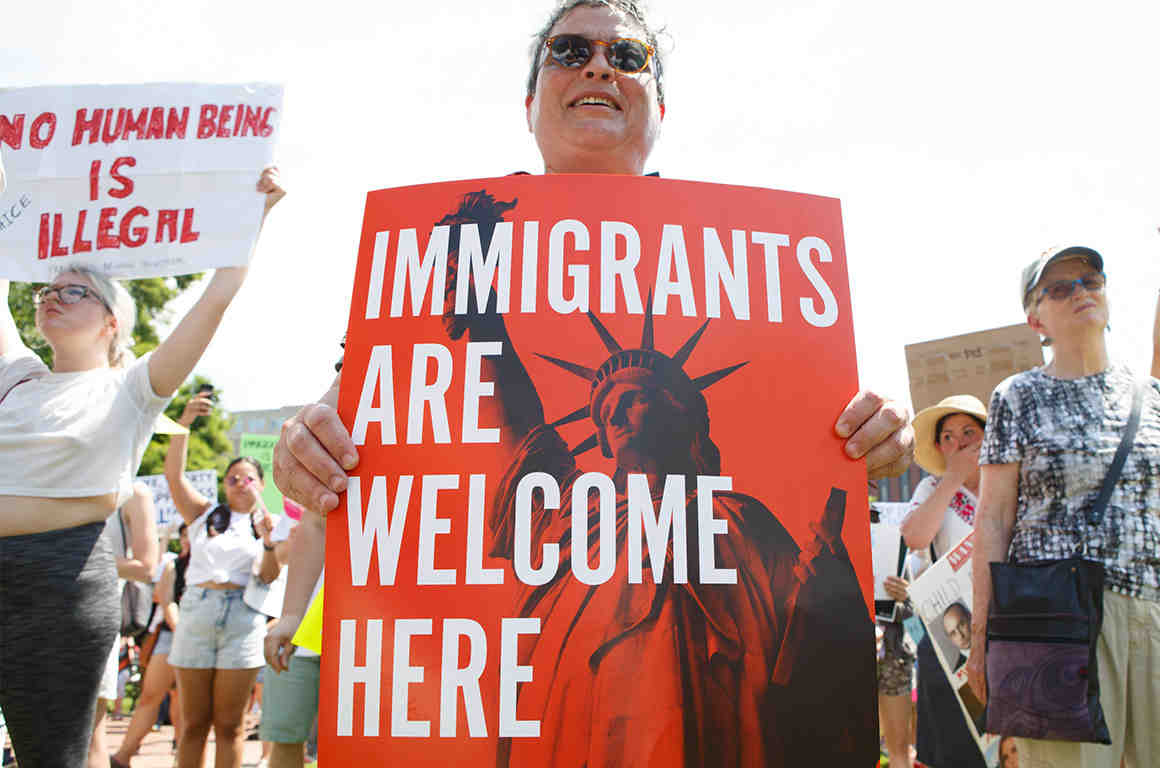September 15th marks the first day of Hispanic Heritage Month and I find myself reflecting on the action items I wrote about last year to honor Hispanic Nebraskans. Here is a report back on those action items and some timely new action items for the upcoming year:
September 15th marks the first day of Hispanic Heritage Month and I find myself reflecting on the action items I wrote about last year to honor Hispanic Nebraskans. Here is a report back on those action items and some timely new action items for the upcoming year:
Supporting our meatpacking workers.
This time last year we were at the Nebraska State Capitol, advocating fiercely for the Nebraska Legislature to pass a bill requiring adequate protections for Nebraska’s meatpacking plant workers, more than 50% of whom are immigrants and people of color. The bill did not pass, so the ACLU did what we know and do best, we sued.
I was testifying in favor of a new iteration of the previous meatpacking protections bill, hearing story after story of a family member’s (meatpacking worker’s) death due to COVID-19, concerns for loved ones entering the meatpacking plant without adequate protections, and advocates bringing forth all the data points and answering all the senators’ questions, when I received an e-mail alerting me that we had lost the case because our plaintiffs had left the plant that failed to protect them and so the court believed they no longer had standing. We disagreed, but that didn’t matter—lives had been lost and we had pulled every move in our book.
As a daughter of retired meatpacking workers and a relative to several others, it was a blow. But glimmers of hope would come through.
Thanks to our joint advocacy with meatpacking workers, workers’ unions, senators, and advocacy organizations, we were able to ensure meatpacking workers were included as a priority group in the COVID-19 vaccine rollout. Moreover, a couple of months after our court loss, we received resources to hire an attorney focused on immigrants’ rights work, which includes advocating for meatpacking workers—meaning this chapter of our work was just the beginning.
Legislative wins.
While we were unable to convene enough senators to call a special session on racial justice, we had some incredible wins at last year’s legislative session that will help Hispanic Nebraskans across the state. I’m happy to report that we helped support and pass LB 260, which allows Nebraskans who leave their job to care for a loved one to receive unemployment benefits while they look for a new job that fits their schedule and family’s needs. Growing up, my father was the sole provider for our family while working at a meatpacking plant because my grandmother suffered from Alzheimer’s. I see this story repeat itself in so many of my Hispanic friends’ households and know this law will benefit many families.
Next, as we all know, Hispanics come in all skin colors and hair textures because of the diversity within our ethnicity and this past legislative year we helped support and pass LB 451, which will protect our Afro-Hispanics. LB 451 bans hair discrimination in workplace decisions like hiring.
Lastly, in support of police reform, we supported and helped pass LB 51 which bans chokeholds and requires police officers to de-escalate a situation along with other important reforms. We know Hispanic Nebraskans are racially profiled during traffic stops and we are working tirelessly to end that practice and cure the overrepresentation of Hispanics in traffic stops resulting in searches, arrests, and general use of excessive force. This is a small reform, but an important step in the right direction.
Next year, the Nebraska Legislature is expected to take up LB 298, a bill that would provide unemployment benefits for work-authorized immigrants, including DACA recipients and TPS-holders. Be on the lookout for more on this bill early next year to support it through final reading and Gov. Ricketts’ signature.
Continuing the work to end 287(g).
On the immigrants’ rights front, we continue to oppose the sole 287(g) program in the state. The Dakota County Sheriff continues to be part of the problematic 287(g) program that essentially converts local sheriff officers into ICE agents, targeting immigrants for immigration enforcement. In addition to the program directly participating in the separation of families, the program is also known for increased racial profiling, increased taxes, and decreased public safety.
This past year, we wrote to President Biden and Secretary Mayorkas urging them to end 287(g) programs across the country. During his campaign, President Biden vowed to end the 287(g) programs and nine months into his presidency, he has failed to uphold his promise.
Locally, we have urged the Sheriff to end the program via an organized media campaign and supported local organizations calling for the same. Yet despite the immense harm the 287(g) program represents, it continues to exist. Rest assured, our work is not done and we are not disheartened.
Racial justice work.
In the spring of 2021, we were again confronted with an all too familiar issue of racial slurs uttered at our high schools’ athletic events.
My first day at the ACLU, almost four years ago, I gave public comment to the Nebraska School Athletics Association (NSAA) with the NAACP, urging officials to take action against these hateful comments. Fast forward to the present and the racial slurs continue impacting student athletes of color.
In 2021, we again asked the NSAA for action with a petition of 2,000 signatures from Nebraskans calling for an end to hate in our sports. We offered concrete recommendations, some of which have been adopted, including the collection of data on these incidents and considering penalties for repeat offending schools. As a previous high school student athlete, myself, I can attest to how demoralizing and impactful these racial slurs can be on a team and the individual student receiving them. It is something I do not wish any student has to endure. We’ll continue advocating to the NSAA until they ensure all students are welcome in our high school sports and accountability measures are set.
Increasing voter turnout.
The 2020 election resulted in record turnout. The 2020 election was the first time that over half of eligible Hispanic voters cast their vote. Nationally, 1 in every 10 voters was a Hispanic/Latinx voter and to continue this growth, we have to stop voter suppression bills in our Nebraska Legislature.
Last legislative session, we were able to defeat bills attempting to shorten the early voting window, requiring voter ID, and changing our state’s unique electoral college system (making us a one-for-all state), but we expect those same bills will reappear and voter ID supporters are already circulating a petition to put the issue on the ballot. We have to be ready to defend the most fundamental right of being a citizen in this country, the right to vote.
Redistricting.
In every state, once a decade, states use Census numbers to draw new state and congressional district maps in a process called redistricting and it is happening RIGHT. NOW. Redistricting is about rebalancing districts to reflect population changes, getting as close to one person, one vote as possible. And we need redistricting in Nebraska to ensure all voters, including Hispanic Nebraskans, are fairly represented, regardless of their race, immigration status, or for whom they vote. These maps need to equally represent everyone.
Redistricting is about protecting your vote, your political power, your family and your community. Get engaged and hold our elected officials accountable because voters should choose their politicians, not the other way around. You can contact your state senator now to encourage them to follow the data with a fair and transparent process that is nonpartisan and that respects the political power of Hispanic voters. Use our action form to send a message directly to your state senator.
Making ourselves count on the Census.
Because you made yourself count by completing the Census, we not only helped bring money to our communities, but we also demonstrated with numbers how the Hispanic population in the U.S. and in Nebraska is becoming larger and not going anywhere. In fact, without our population growing, Nebraska would have seen a population decline.
All in all, together, we are making progress towards a Nebraska that is truly for all of us and directly confronting inequalities that hardworking Latinx/Hispanic Nebraskans continue to endure.
Best,
Rose Godinez
P.S. Be on the lookout for our upcoming report regarding law enforcement agencies’ efforts to meet the needs of Nebraskans with limited English proficiency towards the end of Hispanic Heritage Month.


